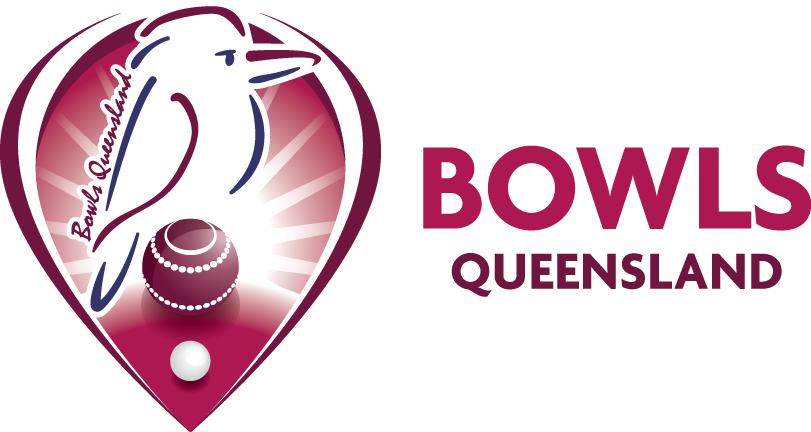Excluding patrons from club premises
A recent Brisbane nightclub’s decision to refuse entry to a Papuan Australian woman has
made headlines with articles indicating the decision is considered discriminatory. The nightclub has maintained its position, stating that it has a blanket policy against face and head tattoos at its premises. The issue is a timely reminder of the rights and obligations of licensed venues in relation to refusal of entry to the public.
Under the Liquor Act 1992 (Qld), a licensed venue is given the right to refuse entry or require a person to leave the premises if the person:
(a) is unduly intoxicated;
(b) is disorderly;
(c) is creating a disturbance;
(d) is a minor (other than exempt minors);
or if allowing the person to enter would breach a condition of the licence.
In addition to the above, it is a well-established common law right of business owners to exclude members of the public from entering their business. This means that a business owner may be able to require any person to leave the premises or refuse admission to any person, without being required to provide a reason.
However, the right to refuse admission of a member of the public does not necessarily apply in circumstances where the person is to be afforded natural justice. This would be the case where a person has a legitimate expectation that, upon payment of a charge, they will be admitted to the premises which has advertised as being open to the public. This is particularly important for clubs, where the majority of patrons are members of the club, and as a result, they have additional rights through their membership compared to the rights that a member of the public would have to enter a business premises.
The right of exclusion may also be limited in instances where the exclusion would be in breach of anti-discrimination laws. Under the Anti-Discrimination Act 1991 (Qld), it is prohibited to discriminate against any of the following attributes:
- (a) sex;
- (b) relationship status;
- (c) pregnancy;
- (d) parental status;
- (e) breastfeeding;
- (f) age;
- (g) race;
- (h) impairment;
- (i) religious belief or religious activity;
- (j) political belief or activity;
- (k) trade union activity;
- (l) lawful sexual activity;
- (m) gender identity;
- (n) sexuality;
- (o) family responsibilities; or
- (p) association with, or relation to, a person identified on the basis of any of the above attributes.
It is important that any business ensures, in exercising their right to refuse or revoke admission, that the action does not either directly or indirectly discriminate against any of the above attributes.
Clubs in particular need to also consider the rights that their members have to use and enjoy
the premises. It may be beneficial to review club practices and procedures to ensure that the club does not unintentionally contravene the Anti-Discrimination Act 1991 (Qld).
If your club requires a review of its policies and procedures or finds itself subject to any claims under the Anti-Discrimination Act 1991 (Qld), please contact me, Matt Bradford, at (07) 3224 0353.

